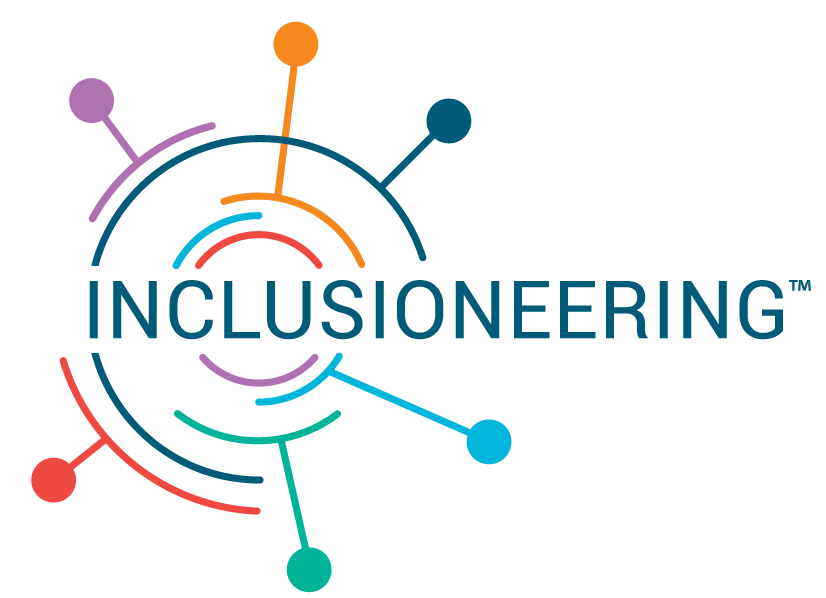The rapid advancement of AI and digital technologies brings both opportunities and challenges.
Earlier this month, Inclusioneering’s CEO and Founder, Jo Stansfield attended an All-Party Parliamentary Group on AI, hosted at the House of Lords. The event discussed the shift from digital entropy (increasing disorder, uncertainty within systems, data, and software over time) to digital responsibility.
The event was hosted by Lord Tim Clement-Jones and Allison Gardner MP, featuring key speakers from the privacy, data governance, and AI ethics sectors:
- Trevor Hughes: CEO & President, IAPP (International association of privacy professionals)
- Joe Jones: Director of Research & Insights of the IAPP
- Isabelle Roccia: Managing Director, Europe, IAPP
- Lara Liss, Chief Privacy & Data Trust at GE HealthCare
- Janine McKelvey, General Counsel – Data / Group Data Privacy & Ethics Officer at BT
- Simon McDougall, Chief Strategist, Privacy and AI, at ZoomInfo
The evolution of privacy laws
Trevor Hughes highlighted that the foundations of modern privacy laws date back to 1890, when The Right to Privacy was published in the Harvard Law Review.
Since then, privacy concerns have grown with technological advancements. Over the past five years, the global population covered by privacy laws has surged from 10% to 82%, reflecting the need for robust governance frameworks.
Trust is key
Building confidence in digital structures is crucial so it’s important to find common standards and principles. Janine McKelvey highlighted that developing impact statements on privacy, human rights and ethics plus creating an AI inventory, will help to enforce AI responsibility.
AI in healthcare
Lara Liss discussed the use of AI within the healthcare sector. It’s used in departments such as X-rays, MRIs and ultrasound. Important factors to be aware of include risk management, human oversight, change control and ensuring there is a structured accountability system in place.
Lara also stressed the need to formalise AI governance roles and skills.
Data traceability
While running a B2B data processing business, Simon McDougall emphasised that customers care about data provenance and that AI governance builds trust in supply chains. Auditing was also emphasised as a key function, with Simon stating that 3rd party audits can give assurance.
Key Takeaways from the Q&A Session
Questions asked included:
How do we engage with skills needed across jurisdictions, and how to create interoperability between professional qualifications?
Trevor Hughes mentioned that the IAPP has 12,000 people signed up for AI governance training and that we need higher education in AI, across a range of domains.
What is good quality data?
Simon McDougall responded saying that its risk-profile dependent, while Janine McKelvey highlighted that 75% of time and cost is sourcing and cleaning data. Data governance functions are required for well-managed, good quality data.
Conclusion
The discussions at the House of Lords stressed the need for structured AI governance to transition from digital entropy to digital responsibility.
As AI continues to evolve, organisations must adopt transparent policies, multidisciplinary expertise, and global collaboration to ensure ethical, accountable, and effective digital governance.
The event concluded with refreshments in the Peers Dining Room, providing further networking opportunities for AI and data governance professionals.

